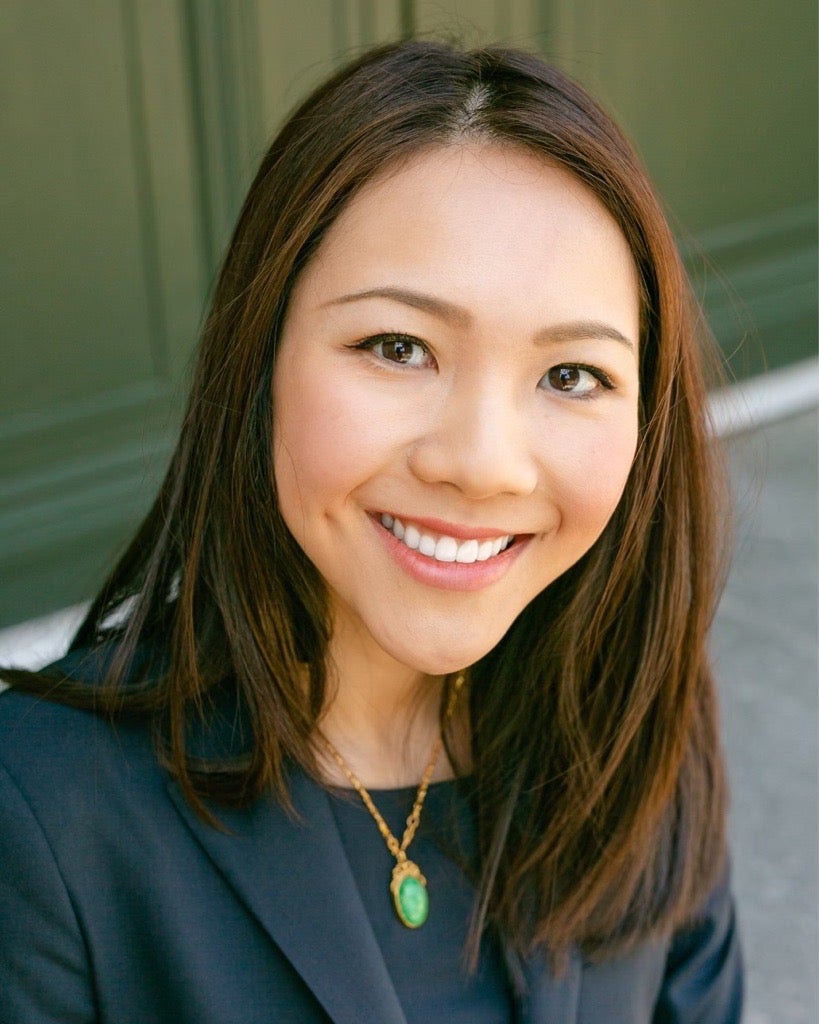By Mary Cao ’23
As a 1L who started law school on Zoom, I was instantly attracted to Harvard Defenders because it gave me the opportunity to go into physical courtrooms and directly advocate for my clients. Given that the 1L curriculum was largely focused on theory, I sought for a practical supplement to the classes I was taking.
For background, Harvard Defenders is the only legal service organization in Massachusetts that represents low-income people for free in criminal show-cause hearings in front of clerk-magistrates. If a charge is dismissed at the show-cause hearing stage, nothing will show up on that person’s public record. From Fall 2020 to Spring 2023, I served as a Student Attorney and Team Leader.

While there are many different views regarding the best approach to justice and a judicial system, one thing we can all agree on is the premise that there should be equal access to justice for indigent people. I wanted to help people navigate a system that often presumes guilt due to their financial status, race, or past history.
Over the course of my three years in Harvard Defenders, I have had the privilege of first-seating many cases alongside the greater Defenders community under the supervision and support of my Clinical Instructor and mentor John Salsberg. I have worked on cases ranging from misdemeanors to felonies, usually for Chinese-speaking clients. Specifically, I led case strategy, interviewed witnesses, negotiated with other parties, cross-examined police prosecutors, and wrote and delivered arguments. I am proud to be able to say that my zealous advocacy has resulted in many favorable outcomes and wins for my clients.
The most memorable case I have worked on was a case during my 1L year involving an elderly, disabled, and non-English speaking client who was unfairly accused of indecent exposure following a medical emergency. Because my client was an immigrant from China who did not speak English, he was unable to explain himself to the police, let alone speak in legalese to the clerk-magistrate. Having never interacted with the criminal system before, he was suddenly being slapped with a potential charge for a crime that he did not commit. He was anxious, he couldn’t sleep, and his medical symptoms worsened. But after taking on the case, I was able to explain to him the show-cause hearing process in Chinese. I reassured him that I would represent him to the best of my ability, and that even if the hearing did not result in a favorable outcome, that I would make sure he knew what was going on. After gathering information from his doctors, my second seat and I developed a convincing argument that led to a dismissal of the charge.
While securing a dismissal and seeing the subsequent joy and relief on my client’s face brought me immense satisfaction, the takeaways I gathered from that experience and in my later cases went beyond the results of that one hearing. The most important lesson I will take away with me is the importance of embodying compassion and empathy for effective client advocacy, especially in public defense work. A client-centered approach allows the advocate to develop a strong defense by building trust with the client.
Moreover, society has conditioned us to hold certain biases and presumptions about people who are accused of crimes. Yet, my interactions with my clients have taught me that there is always more to the story, and that my clients have also been harmed by a system that is now supposedly helping seek redress for others. While doing this type of advocacy is not always easy, I am grateful for my time at Harvard Defenders and am honored to have had the privilege of representing my clients.
Filed in: Clinical Student Voices
Tags: Class of 2023, Harvard Defenders
Contact Office of Clinical and Pro Bono Programs
Website:
hls.harvard.edu/clinics
Email:
clinical@law.harvard.edu